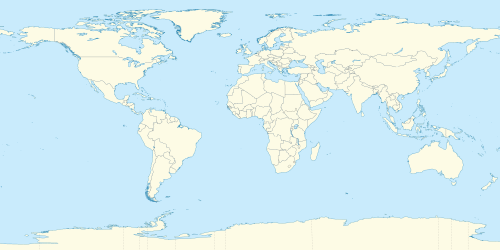It is proposed that this article be deleted because of the following concern:
If you can address this concern by improving, copyediting, sourcing, renaming, or merging the page, please edit this page and do so. You may remove this message if you improve the article or otherwise object to deletion for any reason. Although not required, you are encouraged to explain why you object to the deletion, either in your edit summary or on the talk page. If this template is removed, do not replace it . The article may be deleted if this message remains in place for seven days, i.e., after 22:20, 29 December 2025 (UTC). Find sources: "IEEE International Symposium on Information Theory" – news · newspapers · books · scholar · JSTOR Nominator: Please consider notifying the author/project: {{ subst:proposed deletion notify |IEEE International Symposium on Information Theory|concern=One google scholar hit. Fails GNG.}} ~~~~ |
This article needs additional citations for verification .(December 2025) |
The IEEE International Symposium on Information Theory (ISIT) is the flagship meeting of the IEEE Information Theory Society. Every year and during the course of a week, researchers in the field of information theory gather to share their work in a series of presentations. The main event of the symposium is the Shannon Lecture, which is given by the recipient of the prestigious Claude E. Shannon Award of the year; the year's awardee was revealed during the previous ISIT.
